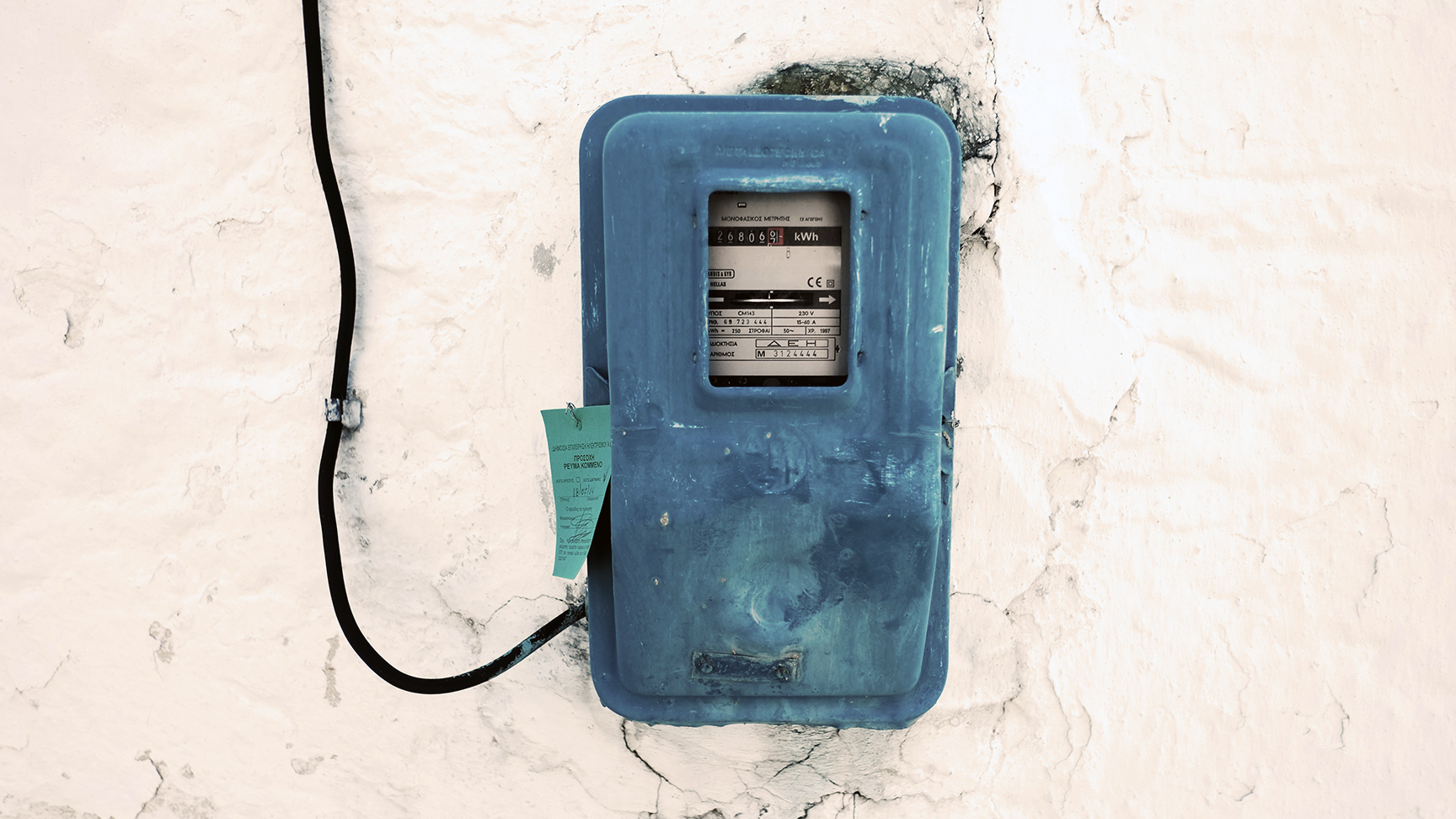Many people rent rather than own their homes. If this is true for you, you depend on a landlord to maintain your residence in good working order. At a minimum, landlords are responsible for ensuring homes are habitable and safe.
The legal definition of habitable means the structure should be weather-tight with functioning heat, electricity, running water, and sewer or septic. In the middle of summer in Ukiah, you may believe that air conditioning is required to make a place habitable (I’m inclined to agree with you), but legally, air conditioning isn’t required.
Under a normal rental or lease agreement, responsibility for maintaining habitability cannot be passed on to the resident. It is the owner’s obligation not only to have everything in good working order when residents move in, but throughout the term of the lease.
This means landlords must attend to repairs in a timely manner; however, “timely” means different things to different people, and different situations call for different responses. Emergencies require immediate attention, while lesser problems can wait a day or two, or sometimes longer. This is where we employ the Prudent Man Rule (also known as the Common Sense Rule). What is prudent in this situation? What makes sense?
A slow drip in the bathroom on a Saturday night is an incredible annoyance, but probably doesn’t justify a 3:00 am call to the plumber. On the other hand, if sparks are flying from the breaker box, go ahead and make an emergency weekend call. (As a practical matter, the resident should know how to shut off electricity to the house.) The same logic goes for a broken gas line. Keeping in mind that the resident may have no way to contact the owner at 3:00 am, he or she must take some personal responsibility and address the gas leak immediately, then deal with the payment issue with the landlord later.
Who pays for emergency maintenance depends on two things: the cause of the problem and whether the issue was serious enough to warrant emergency action. One of my favorite sayings applies here: “Poor planning on your part does not constitute an emergency on mine.” If a gas line breaks because the resident backs his car into the meter, that’s on him. If a buried gas valve reaches the end of its serviceable life—which only seems to happen at the most inconvenient possible times—that’s the landlord’s responsibility.
The more details are spelled out in the lease agreement, the better. Who cares for the landscaping? Who is responsible for brush removal for fire safety? Many contracts call for appliance repair to be the responsibility of the resident, since appliances are not a habitability issue. If the contract isn’t explicit about who should maintain the appliances, maintenance falls to the landlord.
The type of the residence can also determine who is responsible for what. It may be perfectly reasonable to include landscaping upkeep as part of a lease agreement on a single family home with a small yard, but ridiculous to ask someone renting a small cabin on a 200-acre ranch to mow the whole property on a regular basis (unless the resident is compensated for that time with a reduced rental payment). As is always the case in these situations, it really helps if you read and understand the lease agreement BEFORE you sign it.
Although some maintenance issues are negotiable, safety issues are not. Landlords must install and maintain smoke detectors and carbon monoxide alarms. These are incredibly important (and inexpensive). Less immediate but also important are issues related to sewer or septic, mold, and dangerous but difficult-to-see hazards like small cracks inside the chimney. Landlords should inspect residences periodically for obvious and not-so-obvious threats.
Whether you’re a resident or a landlord, my best advice to you is to communicate to clarify expectations and avoid misunderstandings.
If you have questions about real estate or property management, please contact me at [email protected] or call (707) 462-4000. If you’d like to read previous articles, visit my blog at www.richardselzer.com. Dick Selzer is a real estate broker who has been in the business for more than 40 years.


